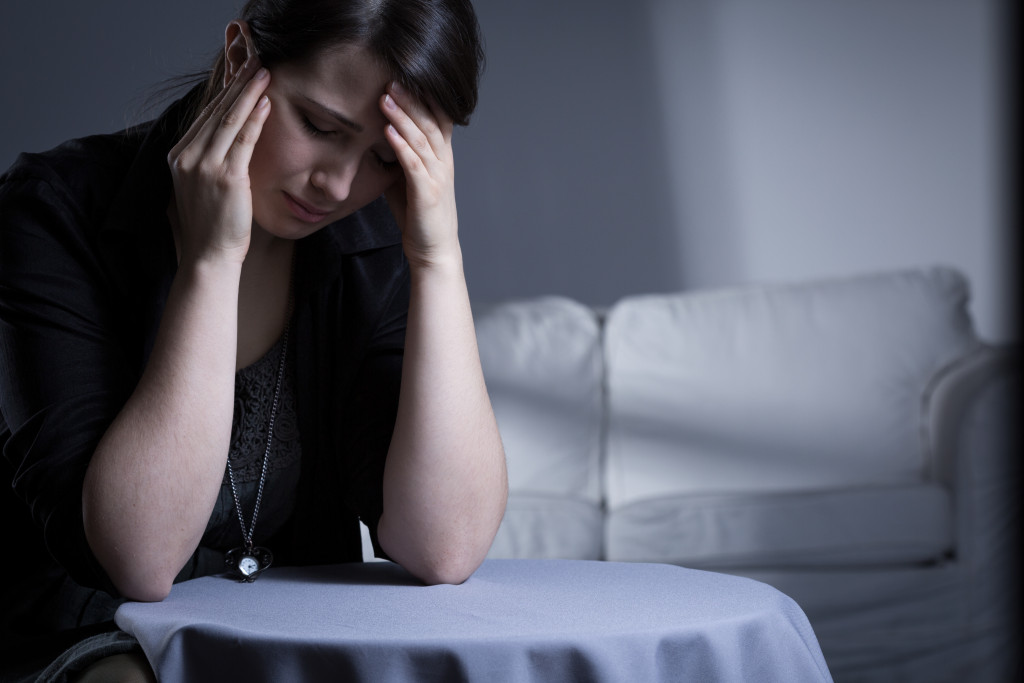Traumatic events cause physical, emotional, and psychological harm to a person. It can result in a physically threatening situation for the person experiencing it. Some may even be in denial since they do not know how to respond to the event.
Many people have experienced traumatic events at some point in their lives. Whether it was a car accident, natural disaster, death of a loved one, or something else, these events can take a toll on their mental and emotional health. It’s important to know that you’re not alone in feeling this way and that there are things you can do to cope with the aftermath of a traumatic event.
Acknowledge your feelings.
When you experience a traumatic event, it is crucial to acknowledge your feelings. This includes accepting that the event has hurt your life. Denying or trying to ignore your feelings will only make it more challenging to recover from the traumatic event.
Feeling scared, sad, confused, and even angry is normal after a traumatic event. Don’t try to bottle up your emotions; instead, healthily express them, whether that’s through talking to a friend or family member, journaling, or another outlet.
It is also essential to be patient with yourself. Recovery from a traumatic event takes time, and there is no set timeframe for how long it will take. You may find good and bad days, but you will eventually start to feel better with time and support.
Talk about your experience.
The importance of talking about your experience cannot be overemphasized. By talking about what has happened, you can process the event and begin healing. Talking to someone who will listen and understand without judgment can be a great relief. You don’t have to talk about the event with just one person. You can talk to as many people as you feel comfortable with.
Support groups are also available for people who have gone through traumatic events. Talking about your experience is a critical step in healing from it. Talking about what happened can help you make sense of it and start to work through it. There are many hotlines you can call, like the National Suicide Prevention Lifeline, if you’re struggling to talk about it with someone you know.

Seek professional help.
Traumatic events can be challenging to cope with and have a lasting impact on a person’s life. You should seek professional help from a therapist or counselor if your symptoms aren’t improving or you’re struggling to function in your everyday life. The professional can help you work through your trauma in a more structured setting. Don’t be afraid to ask for help when you need it.
Professional help can provide you with the tools and resources you need to cope with your trauma and help you to move on with your life. You can look for a reputable intensive outpatient evening therapist. The professional should offer an intensive program to help you understand your situation and focus on the positive things in life.
In addition to professional help, many self-help resources are available to help you cope with your trauma. There are many books and articles available on the topic of coping with trauma. When you’re looking for self-help resources, it’s essential to find those that offer accurate and up-to-date information.
There are also many helpful coping strategies that you can try on your own. Some useful coping strategies include exercise, relaxation techniques, journaling, and spending time with supportive people. Experiment with different techniques to see what works best for you.
Take care of yourself physically.
When you experience a traumatic event, it can be very easy to neglect your physical health. However, taking care of yourself physically is one of the most important things you can do to cope with a traumatic event.
There are many benefits to taking care of your physical health after a traumatic event. For starters, exercise can help release endorphins, hormones that can help improve your mood. Exercise can also help improve your sleep, which is essential for coping with a traumatic event. Additionally, eating healthy foods can help improve your mood and energy level. Finally, staying hydrated is vital for overall health and can help reduce stress levels.
Overall, taking care of your physical health after a traumatic event is a meaningful way to ensure that you are healthy and feeling your best. You can improve your mood, energy level, and overall well-being by exercising, eating healthy, and staying hydrated.
Experiencing a traumatic event can be incredibly difficult, but there are steps you can take to begin the healing process. Acknowledge your feelings, talk about your experience with someone you trust, seek professional help if needed, and take care of yourself physically. You will get through this. Everyone copes with trauma differently, so there is no one-size-fits-all solution. However, by using these coping strategies, you can start to heal from your trauma and move on with your life.

